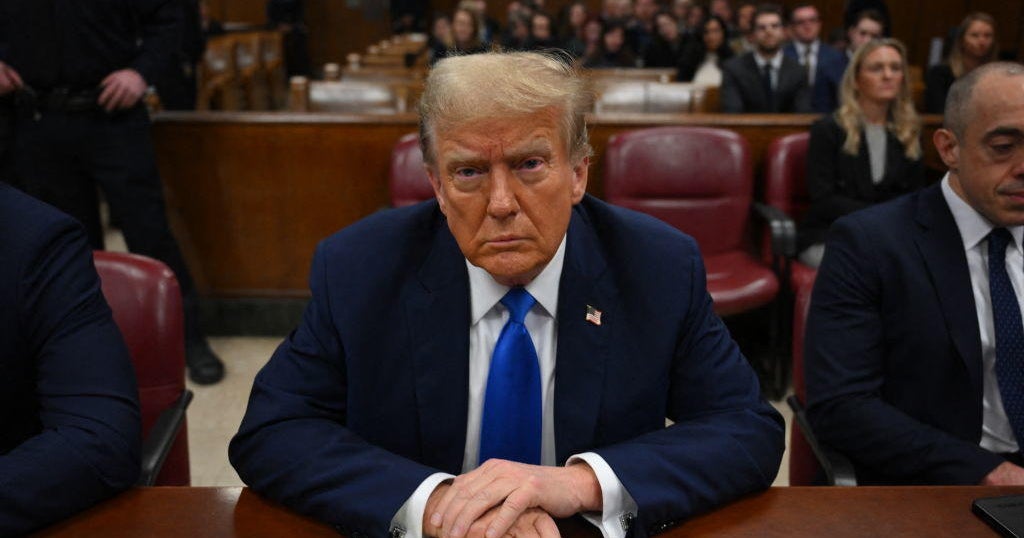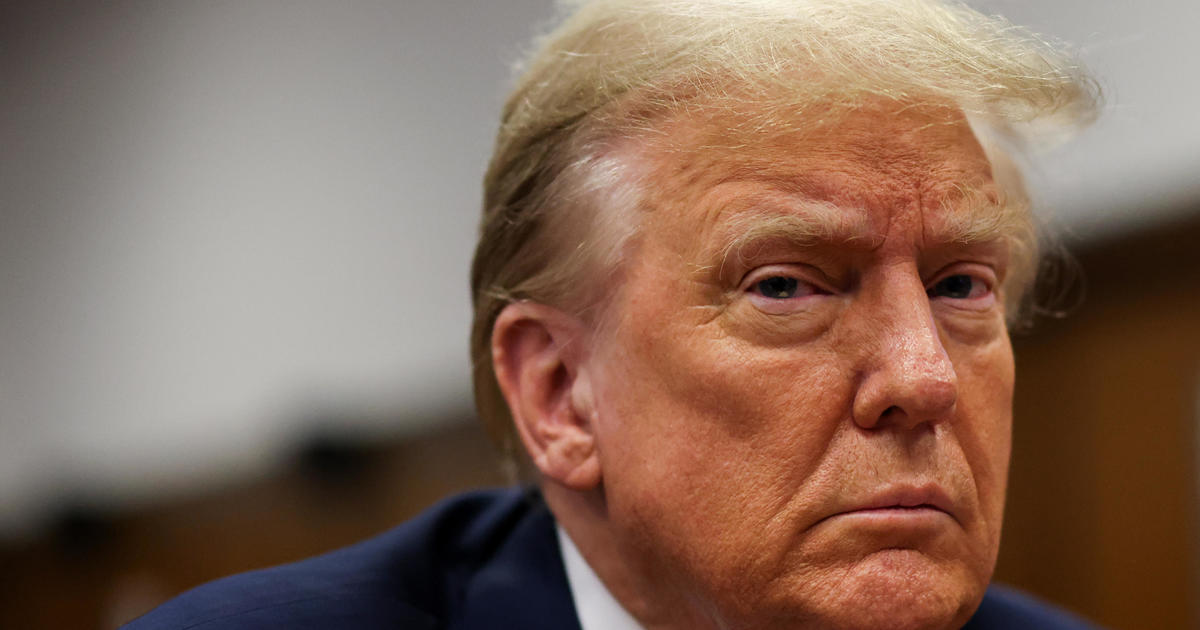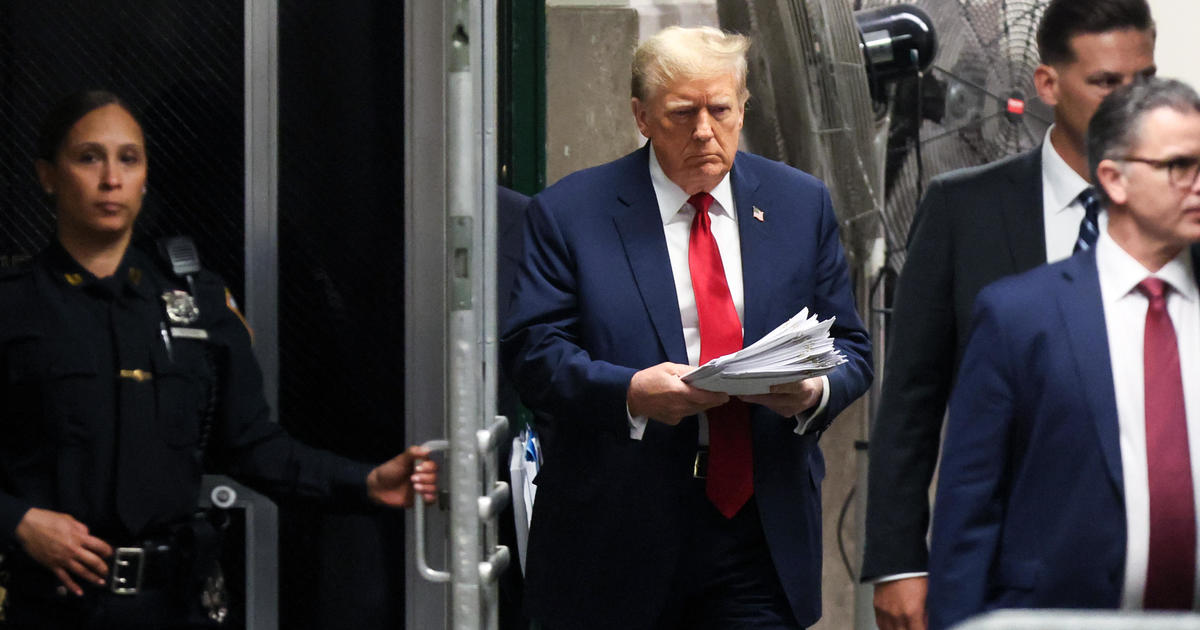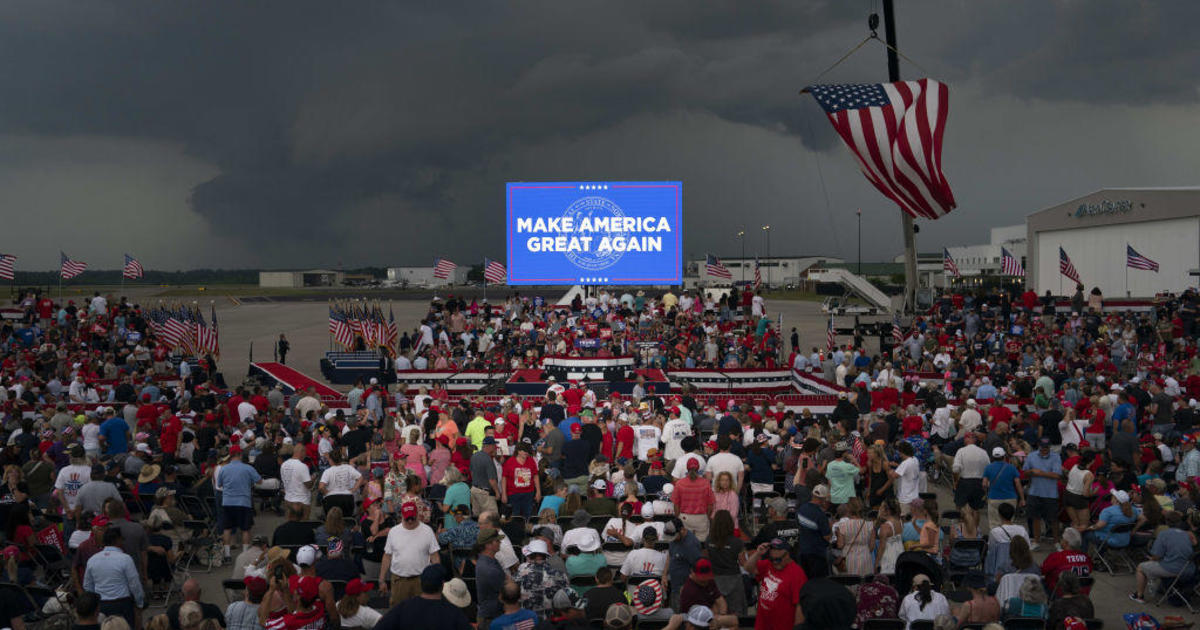Trump set to roll back Obama policy on Cuba
President Trump is expected to announce sweeping changes to U.S.-Cuba relations Friday, rolling back some key provisions in the Obama-era decision to open ease diplomatic and business restraints on the communist country.
The new Cuba policy will prohibit transactions with businesses controlled by the Cuban regime and will mean some Americans will now have to travel to Cuba as part of an organized tour group if they wish to visit, although many other categories of travel remain. All categories of travel to the island will be subject to an audit.
The new policy will reiterate the importance of extraditing fugitives, according to senior administration officials who briefed members of the press Thursday. The changes won't end diplomatic relations with Cuba, re-establish the controversial "wet foot, dry foot" policy, or change the policy on how much rum, cigars and other popular products Americans can take from Cuba. It also won't change the status of the U.S. Naval Base at Guantanamo Bay.
The changes won't go into effect until regulations are issued. That process will take about 30 days to initiate, and then, an unforeseen amount of time from there.
"The president vowed to reverse the Obama administration policies towards Cuba that have enriched the Cuban military regime and increased the repression on the island -- it is a promise that President Trump made and it is a promise that President Trump is keeping," one senior administration official said during the briefing.
The administration argues restricting transactions with Cuban regime-controlled businesses, including many hotels Americans would normally stay in, will allow money to go directly to the Cuban people and not the regime. The State Department will create a list of hotels that don't violate that ban, although it's unclear how the ban will be enforced.
The most significant change under the new policy, CBS News foreign affairs analyst Pamela Falk says, would be the end of the permitted individual travel called "people to people," which Trump advisors, including Senator Marco Rubio, believe has been used to allow tourist travel.
Falk says that by prohibiting transactions with businesses and hotels controlled by the Cuban military and security services, Mr. Trump is looking to economically squeeze the Castro government into reforms -- months before Cuban President Raul Castro is set to retire and at a time when human rights groups and dissidents in Cuba have reported a rise in arrests and abuses.
The administration will consider benchmarks -- free elections, the release of political prisoners and direct pay for Cuban workers -- as progress that could eventually lead to the easing of the restrictions, according to the senior administration officials.
"The president has made clear that he will look toward repressive regimes in this hemisphere," the same senior administration official said.
The president developed the plan after meeting with members of Congress -- including Republican Sen. Marco Rubio -- who were experts on Cuba policy.
Mr. Trump will travel to Miami Friday to announce the policy changes more fully.
CBS News' Brian Gottlieb contributed to this report



